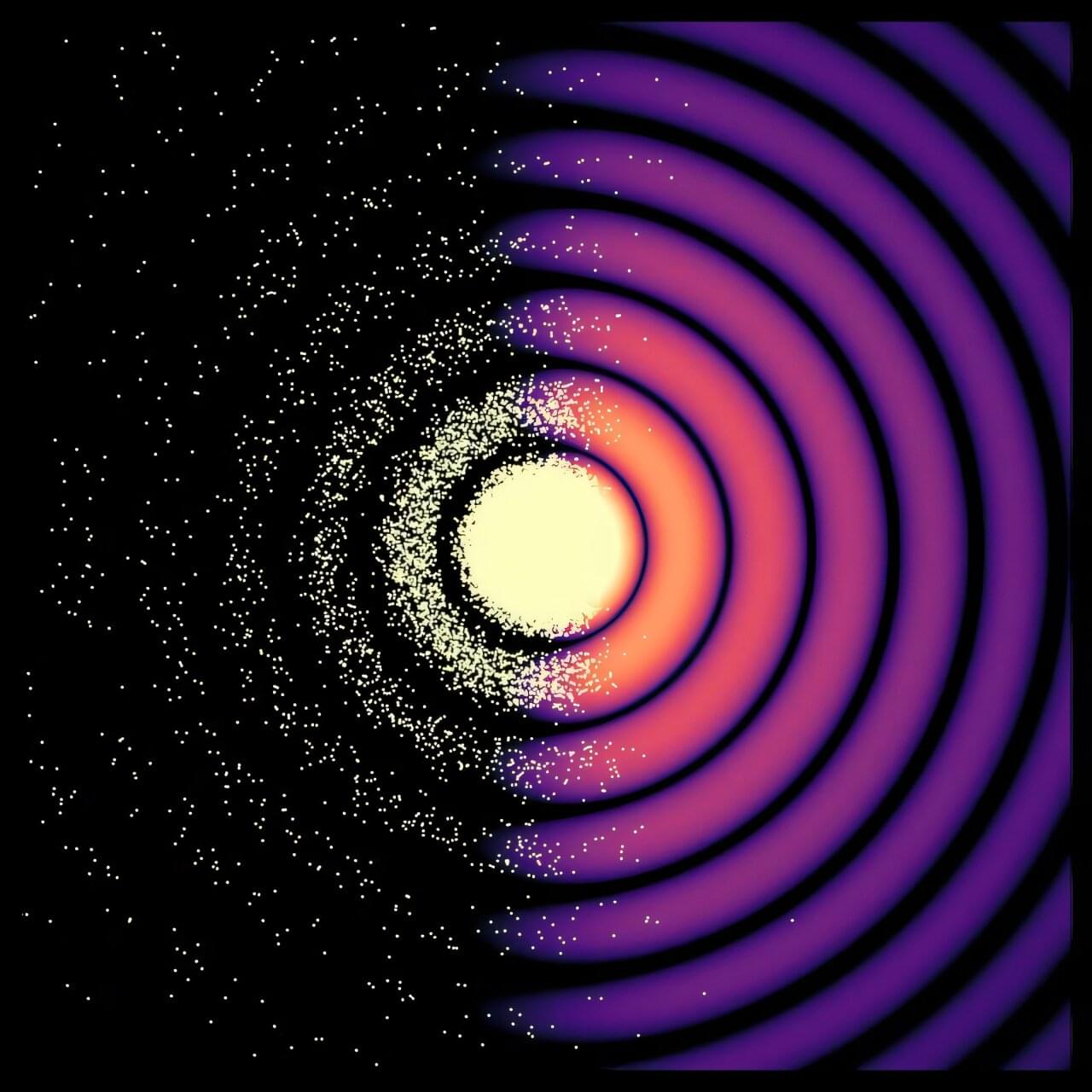Attosecond science, honored with the 2023 Nobel Prize in Physics, is transforming our understanding of how electrons move in atoms, molecules, and solids. An attosecond—equivalent to a billionth of a billionth of a second—enables “slow-motion” visualization of natural processes occurring at extraordinary speeds.
However, until now, most attosecond experiments have been limited to spectroscopic measurements due to the constraints of attosecond light pulse sources.
Using the powerful X-ray Free Electron Laser (FEL) at SLAC National Laboratory in California, the Hamburg team studied how ultrashort pulses interact with nanoparticles. They uncovered a previously unexplored phenomenon: transient ion resonances that enhance image brightness.
